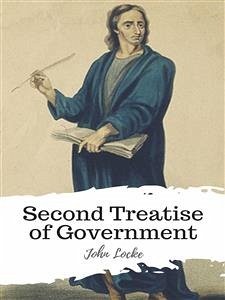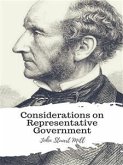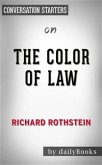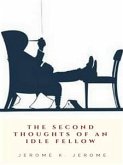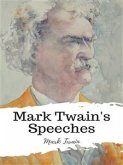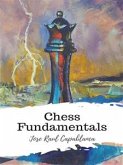In the Second Treatise, Locke claims that civil society was created for the protection of property. In saying this, he relies on the etymological root of "property," Latin proprius, or what is one's own, including oneself (cf. French propre). Thus, by "property" he means "life, liberty, and estate."
Bitte wählen Sie Ihr Anliegen aus.
Rechnungen
Retourenschein anfordern
Bestellstatus
Storno

